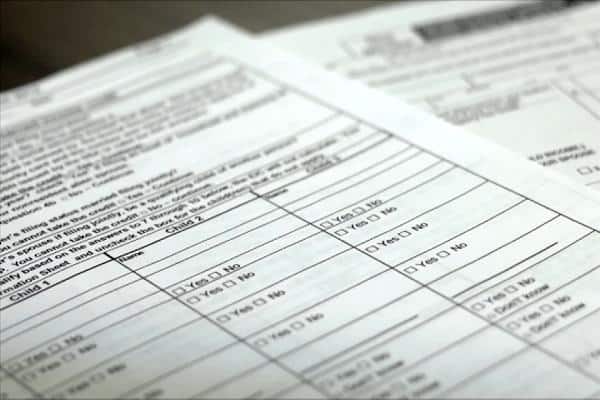
The deadline to file your taxes has come and gone. Twice, even: The original April 17 deadline was extended to midnight April 18 after the Internal Revenue Service’s official website crashed and left millions of people frustrated.
If you still weren’t able to make the new deadline, though, you are not alone. Some people knew they couldn’t make it: The IRS estimated that it received 11.6 million requests for extensions, including one from President Donald Trump. Others simply watched it go by without a plan.
But while missing the deadline, whether on purpose or because it got away from you, is not uncommon, there are a few things you need to know to avoid some serious penalties.
The deadline for an extension was April 18 and, if you asked for one, you’ll have until Oct. 15 to file your taxes, the IRS notes. An extension to file, however, generally is not an extension to pay. You must have already paid what you owe by the deadline to avoid a late fee.
If you didn’t file for an extension, however, there are no penalties for filing late if you’re owed a refund. “There is no immediate sense of urgency,” Eric Bronnenkant, Head of Tax at Betterment, tells CNBC Make It, because “there is no interest or late-payment penalties.”
But you should still file as soon as you can so the IRS doesn’t keep your money: “If the taxpayer waits more than three years to file, the IRS will keep the refund due to the statute of limitations.”
The scenario changes if you didn’t file for an extension but you do owe money. You could be subject to the failure-to-file penalty, which could cost 5 percent of your tax bill each month it goes unpaid after the deadline and potentially reach up to 25 percent of what you owe.
If your bill remains unpaid, it could damage your credit score or lead to criminal prosecution. So file as soon as possible, even if you can’t pay.
You may be able to secure a repayment plan. If you’re able to pay your entire bill within 120 days, you can apply for a full-payment agreement, which allows you to make monthly payments to chip away at the debt.
For bigger bills, you may be eligible for an installment agreement, in which you’ll have more than 120 days to pay off your debt. The benefits of that plan include “avoiding accruing additional interest and penalties and avoiding offset to future refunds,” Bronnenkant says.
You could also take the IRS up on an “offer in compromise,” which allows you to pay less than you owe if you meet certain qualifications. You can also temporarily delay debt collection if you would fall into serious financial hardship if you were required to pay your debt in full.
The “Offer in Compromise program is not for everyone,” the IRS notes. Before applying, you should explore all other payment options. And if you’re approved for a delay, the IRS may file a federal tax lien against your property to “protect the government’s interest in your assets.”
If you owe Uncle Sam, your specific tax situation will determine which options you qualify for but, regardless, the sooner your address your situation, the better: You’ll have more time to negotiate a lower payment and you may accumulate fewer penalties.
On the flip side, if Uncle Sam owes you, the sooner you file your taxes, the sooner you’ll get a refund.
And, in some cases, Bronnenkant says, it may be best to consult a professional if you’re in “areas of complexity or uncertainty. Self-employment income, equity compensation and multi-state employment are issues where a taxpayer may need some assistance.”
After the deadline, tax expert availability will vary from firm to firm. But rather than trying to avoid the problem of your taxes, do some research, talk to professional and work together toward a solution.
